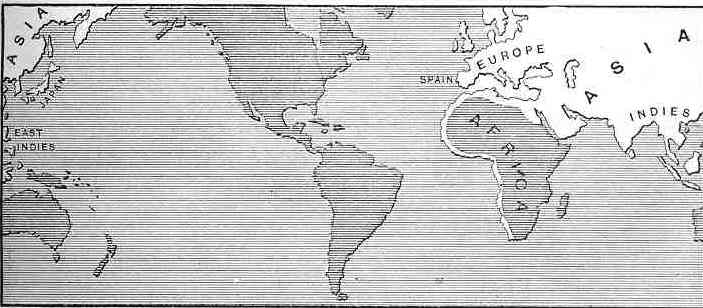


Therefore a form of history was present in the Americas before the arrival of Europeans in the year 1491. Native American action’s in using American soil as a tool to build civilizations serves as a key factor in proving that they did create complex societies. Native Americans also exercised American land by farming many unique crops, such as maize and squash, during the Neolithic Revolution. These forest fires helped re-nourish the land, spark a new season of growth, and create a food supply for themselves and animals. One of the major ways that Native Americans maintained American land was by starting forest fires. According to Mann, Native American groups such as the Mayans of Mesoamerica, The Inca of Peru, & the eastern tribes of North America have altered American land in a plethora of ways. In contrast, newly found evidence, as explained in the book 1491, suggests that Native Americans exercised and maintained the land just as, or even better than, that of the Europeans. An obvious stumbling block in this effort is the term "Indian" itself, a misnomer that homogenizes the distinctiveness of indigenous peoples.Historians and others have often shared the common belief that when Europeans arrived in the “New Land”, they were encountering a pure and nourished gift from God. Mann emphasizes the distinct identities of "Indian" tribes, while looking to bring forth their complex political and social history.

While Mann maintains that one of the main elements for this view is ignorance-there is a simple lack of materials with which to document and verify aspects of these societies-Mann also argues that the prejudices that prescribe and separate cultural identities simplify accounts. Built into this belief, Mann argues, is the prejudice that characterizes non-European societies as intrinsically "simple" and "innocent," and lacking the historical, cultural, and political sophistication of contemporaneous European societies. The author, Charles Mann, seeks to refute what he calls "Holmberg's Mistake"-the belief that no substantial cultural history existed in these regions before the arrival of European settlers and colonists. The first chapter of 1491 describes the gaps and oversimplifications of the conventional accounts of the history of the Americas, prior to the arrival of Europeans.


 0 kommentar(er)
0 kommentar(er)
